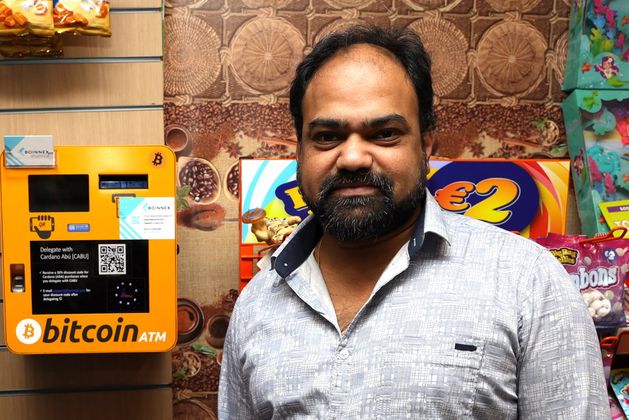Ah, so you don't have any issue with unit of account either - what you meant to bring up was volatility? Don't quote me but I'd wager that this discussion has been had already.
Yes, bitcoin is volatile and yes, that makes it sub-optimal as a means of payment. In the example you're giving, you're suggesting that the housewife should agonise over btc unit price after the fact? What's the point in that Duke? If you understand bitcoin and where it is currently re. volatility, and you can't live with that volatility, then don't use it.
All other things being equal, Gresham's Law applies - and you'd want to offload the melting ice cube that is fiat money first ( but people's circumstances vary and all other things aren't necessarily always equal). I'm pretty sure that you've been looking at this as binary - i.e. either we get to use one or the other and not both. My point is that there will be circumstances where it will be convenient to pay with one over the other.
Here's an example for you - one that I come across a lot. I've travelled around Latam extensively in recent years and I keep coming up against this. I arrive in Country X and I don't have the local monopoly money. If I withdraw from an ATM, I'll be hit with charges...so what I've tried to do is minimise the use of cash and use card. However, its quite common that when paying with card, the vendor will say yes you can pay with card but I'm adding 5%. If you had a bitcoin wallet on your phone Duke at that point and the vendor accepted bitcoin, you'd pay with bitcoin.
What many people want to see is choice - the ability to be able to spend either/or - not one winning out against the other. We've also established that there is another rationale entirely for holding btc (store of value, censorship-resistant/non-confiscatable money), then why should someone not exercise the right to spend btc that they're holding anyway if it suits their circumstances to do so? I've rarely seen a circumstance where choice is bad.
And the last point on volatility... this is all still very early. As adoption continues, as market cap expands and as the asset matures, it's reasonable to expect that the relative level of volatility in the price of bitcoin will diminish. The data shows this trend is already happening.
Here's the latest report from Bloomberg Intelligence. It plots BTC volatility against that of the Nasdaq 100. In December 2017, it was 8x that of the Nasdaq 100. Today its 3x more volatile than the Nasdaq 100. It's reasonable to expect volatility to decline as adoption continues and market cap expands.
